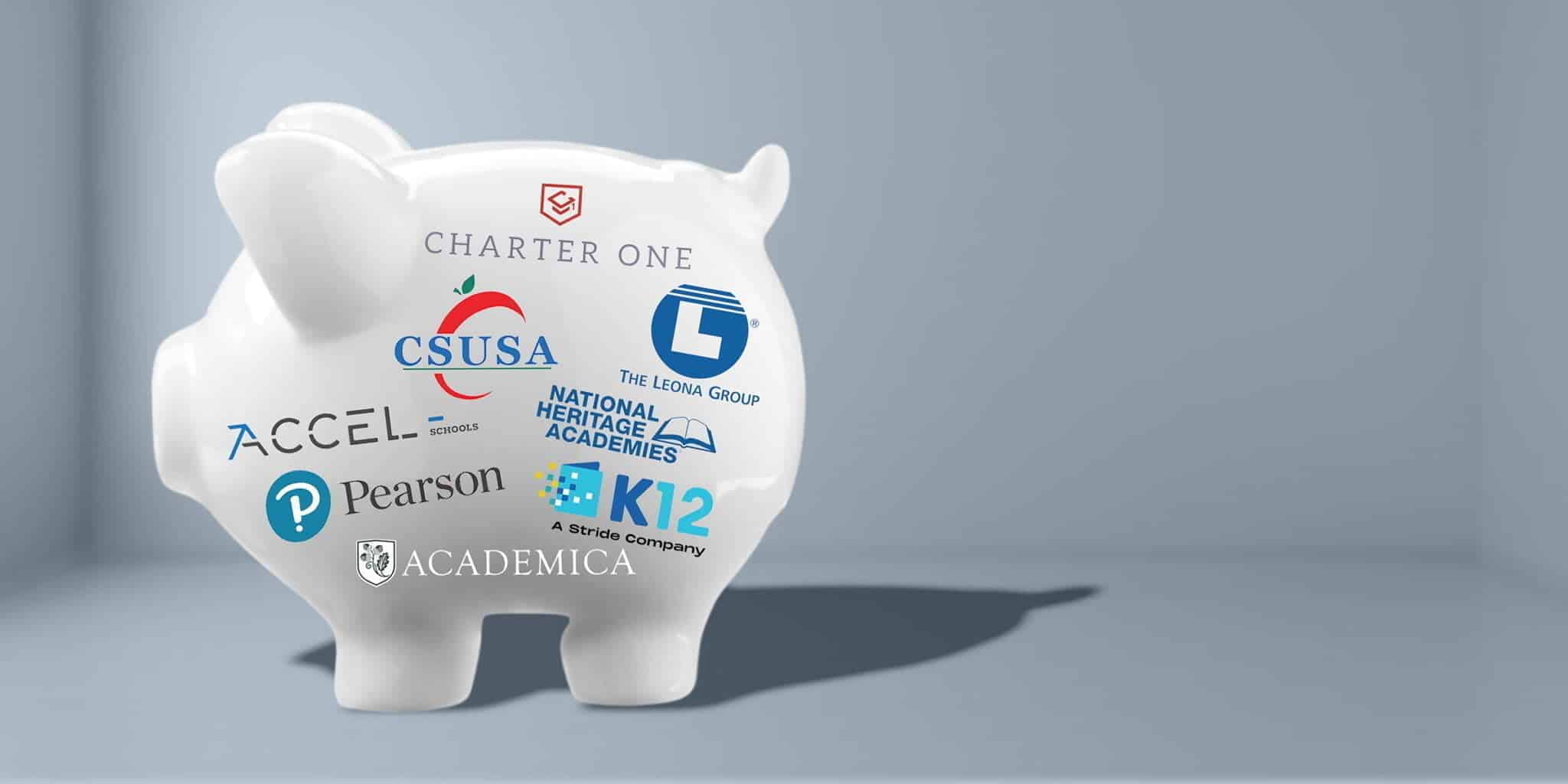It would be easy to assume that charter schools are in the education business, but in fact, many charter school companies appear to be in the real estate business instead.
In its new report, “Chartered for Profit II,” the Network for Public Education lays out the techniques for running a charter for profit, even if it is nominally non-profit, including the use of real estate deals.
One of the most common techniques for running a charter school for profit is to have the non-profit company run by a for-profit charter management organization.
In some states, there is no need to keep those two companies strictly separate. For example, in North Carolina, the non-profit Torchlight Academy was led by principal Cynthia McQueen. The for-profit company hired to run the school was Torchlight Academy Schools, LLC, whose CEO was Don McQueen, Cynthia’s husband. In addition, McQueen’s daughter was hired as special education director, and their son-in-law was awarded the contract for cleaning services for the school.
Those kinds of insider deals can involve real estate as well; the left hand buys a building, and then rents it to the right hand. The NPE report outlines how Glenn Way, a former Utah legislator, set up a charter school empire in Arizona. He and his wife established the American Leadership Academy chain of charter schools. At the same time, Way ran several real estate outfits, including Schoolhouse Development, that built and developed charter school properties. Way, like many other real estate businessmen in the charter school business, was able to use his real estate business to collect rent from his charter school business—all of it paid with taxpayer dollars.
Notes the report:
“When Craig Harris of the Arizona Republic asked Way if such profiteering from taxpayer dollars intended for children should be allowed, he responded, ‘It’s [charter schooling] no different than building a Walmart, CVS, or Walgreens.’”
An investigation in 2018 by the Arizona Republic found that Way’s real estate business collected roughly $37 million in taxpayer dollars passed through his ALA charter school chain.
Florida’s Academica is yet another example. The company is owned by real estate developer Fernando Zulueta, who opened his first charter school as part of a housing development he had constructed. He expressed no burning desire to get children a great education; he just figured a school would make the housing development more attractive.
Zulueta and his brother have launched what journalist Jessica Bakeman called “an empire of charter schools.” Their headquarters are the home address of over 100 active corporations linked to various family members. Within this maze of corporations, charter facilities are sold off in ways that allow one arm of the octopus to cash in on the sale while another arm keeps earning management fees for the school.
Academica continues to grow. Recent news coverage in South Florida shows Academica proposing a complex with hundreds of apartments, attached to another one of its schools.
It’s not necessary to reach Academica’s levels of complexity to make money dealing in charter school real estate. Owned by J.C. Huizenga, National Heritage Academies (NHA) operates a chain of for-profit charters, and its wholly-owned real estate subsidiary is Charter Development Company (CDC). Still, the report outlines how these arrangements can be used to soak taxpayers.
In 2021, Charter Development Company began selling off schools to a nonprofit called Campus Partners 1, a newly formed company whose board president was Huizenga’s personal attorney. Campus Partners obtained a bond to buy the schools, potentially a billion dollar deal, and after it’s done, the school will still be paying the lease to the new company. Every one of these transactions is financed with taxpayer dollars.
This is one of the problems of the charter school real estate biz. As school finance expert Bruce Baker laid out a decade ago, the public can actually end up buying the same building twice and still not own it.
Charter school companies that appear far more busy with real estate than education abound.
In North Carolina, Baker Mitchell (whose charters are currently at the center of a major case about dress codes and charter regulations) has made his fortune running non-profit charters that lease their buildings and grounds from his for-profit company.
In New York, Carl Paladino launched his fiery political career on the back of a pile of money made via leaseback arrangements for his Ellicott Development company. Asked by the Buffalo City News if he was profiting from his work with charters, he replied, “If I didn’t, I’d be a friggin’ idiot.”
But we don’t have to travel far to find a charter school company that looks a lot like a real estate company.
Commonwealth Charter Academy (CCA) is the biggest cyber charter in Pennsylvania. Launched in 2003, they have also become big property owners and landlords in Pennsylvania.
Back in 2016, CCA bought the former PA State Employee Credit Union headquarters in Harrisburg for $5 million, to replace several leased offices. They planned to use about 90,000 square feet for a headquarters. That’s about half the space in the building; they leased some of what is now listed as 1 Innovation Way to PSECU.
In 2020, they spent $15.3 million to acquire a 106,000 square foot office building in Malvern (the former headquarters of Ricoh USA), and did so with the help of a company that claims to have “developed deep expertise” in working charter school real estate deals. Yes, charter real estate deals are so common that some companies specialize in them.
In 2021, they bought out one of their landlords. The Waterfront shopping complex in Homestead had originally housed a Macy’s, which was purchased and turned into office space. CCA was one of the tenants, then bought the 140,000 square feet of office space, using almost half the space themselves, and leasing out the rest. At the time of the sale, the building was 94 percent leased. CCA hired a construction company to redo their space inside and out.
Said Commonwealth Charter Academy CEO Thomas Longenecker, “During the last few years, we’ve created a complete business ecosystem at The Waterfront. This strategic purchase was the natural step as we continue to expand our operations.”
Imagine that your local school district announced that it was going to spend millions of your tax dollars to invest in office buildings and real estate deals, that your tax dollars were being used to help them create a complete business ecosystem—and not to educate children, even though you were under the impression that education was the reason you were paying those taxes, and not to make some entrepreneurs rich.
But many charter school businesses are using public tax dollars to profit from real estate dealings rather than actually focusing on student needs.







